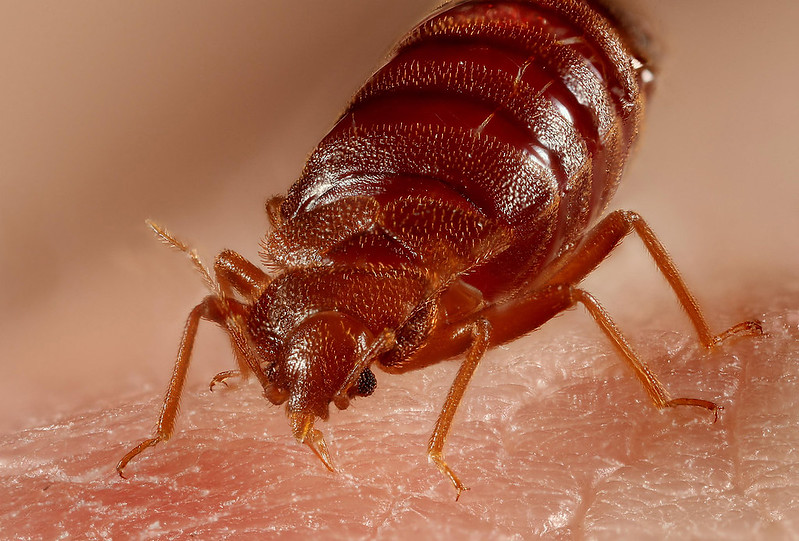
A new study suggests that changes in the bacteria found in the mouth and stomach of people with Parkinson’s disease may be an early indicator of worsening symptoms.
Using artificial intelligence, scientists have identified a link between these bacterial changes and brain problems in people with the disease.
The researchers said that doctors could use toxins as ‘markers’ to identify people with Parkinson’s disease who are at high risk of developing dementia.
Parkinson’s disease is a progressive condition that affects the brain, with symptoms including tremors, loss of balance, sleep problems and memory loss.
According to the Alzheimer’s Society, one-third of people with Parkinson’s disease eventually develop dementia.
Dr. Saeed Shoa, from King’s College London, said that the bacteria in the human stomach and mouth are increasingly associated with these neurological diseases. The study, led by experts from King’s College London and published in the journal Gut Microbes, examined 228 saliva and stool samples from 41 patients with mild to moderate epilepsy, 47 patients with epilepsy and dementia, and 26 healthy people.






